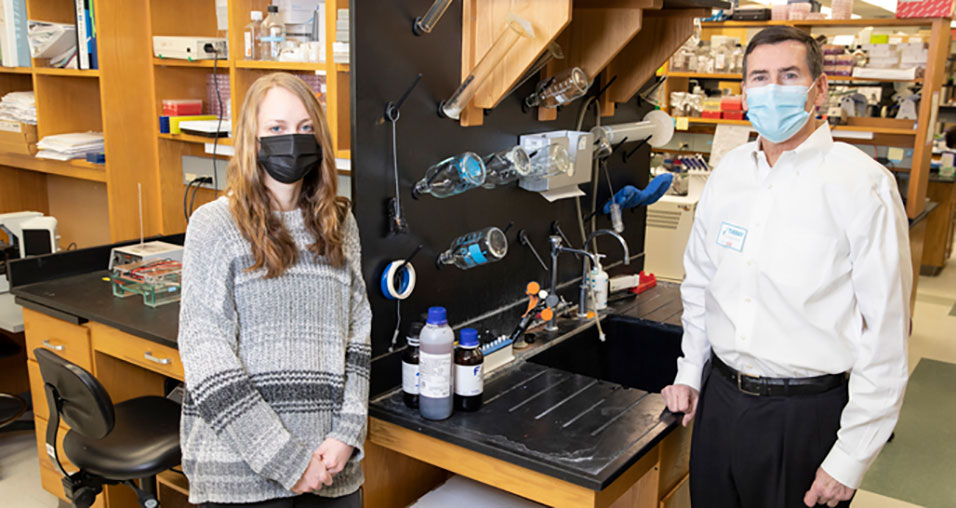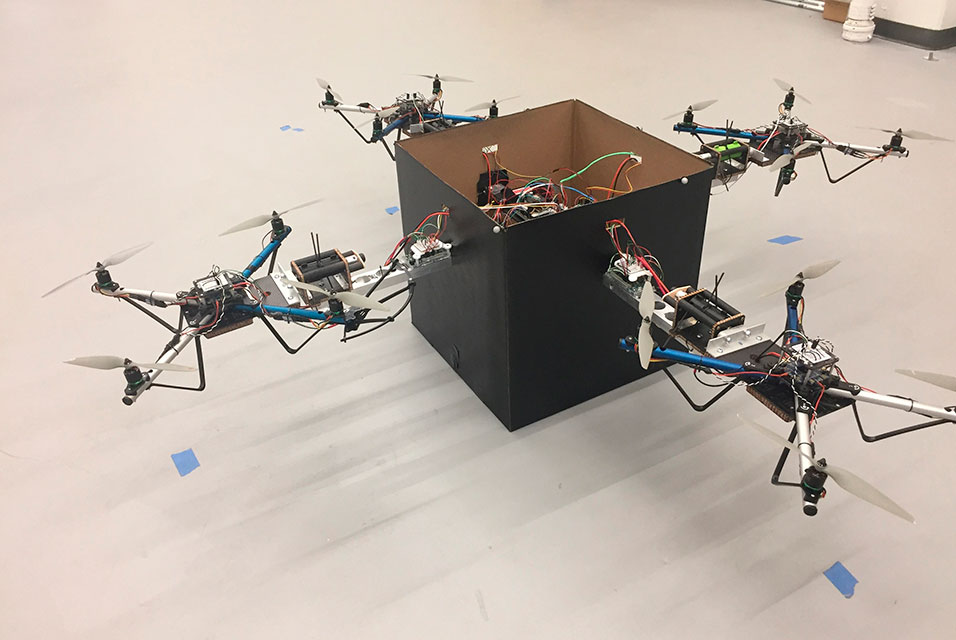NASHVILLE, TN.- An FDA-approved medication enhances the function of T regulatory cells (Treg), a class of immune cells that restrains the immune response,
Vanderbilt investigators have discovered.
Because Treg are important in promoting tolerance — prevention of an immune response against a particular antigen — and suppressing inflammation, the findings have therapeutic implications for autoimmune and inflammatory diseases. The study was published in the Journal of Clinical Investigation.
“We’ve known about T regulatory cells now for about 15 years, and this is the first pharmacologic agent identified that augments their function,” said R. Stokes Peebles, MD, Elizabeth and John Murray Professor of Medicine and senior author of the new study. “It could have significant clinical impact because this is a drug that’s been on the market for 25 years, and our discovery opens up a pathway for drug repurposing.”
The drug is an analogue of prostaglandin I2 (PGI2), also known as prostacyclin, which is approved to treat pulmonary hypertension. Several different formulations exist.
Peebles and his team have been studying the effects of PGI2 for more than a decade. In a mouse model of allergic airway inflammation, they demonstrated that PGI2 is anti-inflammatory and promotes immune tolerance.
Mice missing the PGI2 receptor had increased allergic airway inflammation, but surprisingly, they had increased numbers of T regulatory cells, Peebles said.
“This was counterintuitive, since Treg dampen inflammation,” he said. “We wondered if this was an attempt of the immune system to control the inflammation or if the Treg didn’t work — and we found the latter: Treg from mice that lacked the PGI2 receptor didn’t work very well.”
In a series of experiments led by postdoctoral fellow Allison Norlander, PhD, the researchers demonstrated that PGI2 augments Treg function and promotes the differentiation of T cells into Treg. They characterized the signaling and gene expression changes underlying PGI2 action. They also found that a genetic variant in the human PGI2 receptor gene was associated with chronic obstructive asthma, supporting the finding that PGI2 signaling is anti-inflammatory.
The findings add to the understanding of how PGI2 analogues work in the treatment of pulmonary hypertension, Peebles said. “PGI2 is a vasodilator, but that never fully explained why it works so well for pulmonary hypertension. Now we think that one of its major therapeutic effects is to downregulate inflammation in the pulmonary artery.”
The researchers are excited about the potential to use PGI2 analogues to treat allergic inflammation and possibly autoimmune diseases. They are continuing to study the signaling pathway, looking for other potential targets that improve Treg function.
Other Vanderbilt authors contributing to the JCI study included Melissa Bloodworth, Shinji Toki, Jian Zhang, Weisong Zhou, Kelli Boyd, Vasiliy Polosukhin, Jacqueline-Yvonne Cephus, Zachary Ceneviva, Vivek Gandhi, Nowrin Chowdhury, Lisa Rogers, Janey Wang, David Aronoff, Lisa Bastarache and Dawn Newcomb.
The research was supported by the National Institute of Allergy and Infectious Diseases (grant AI145265).










